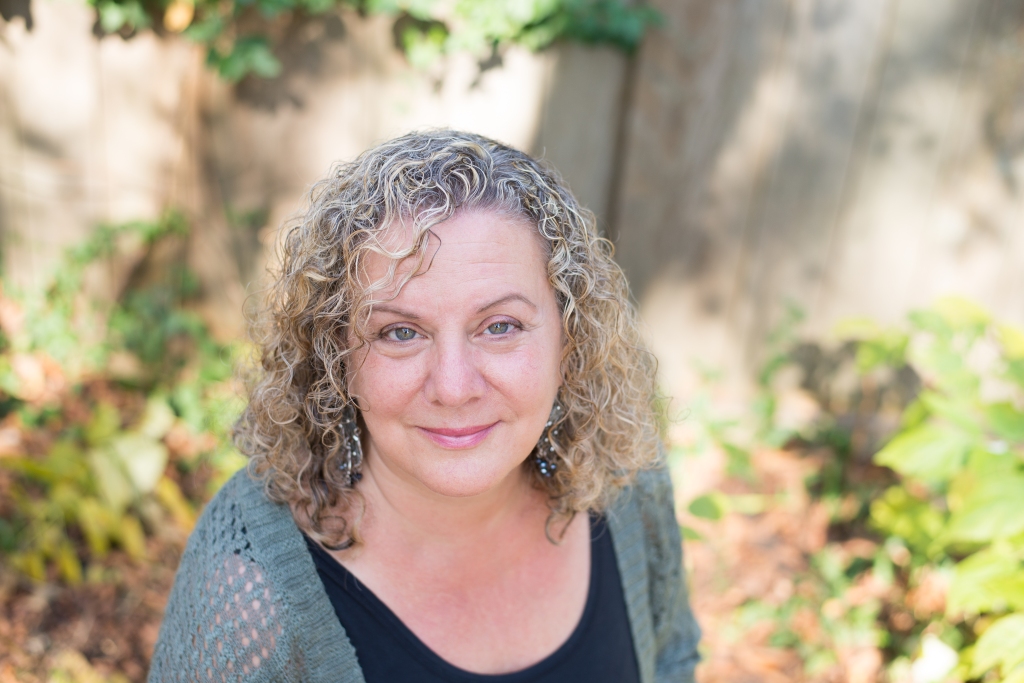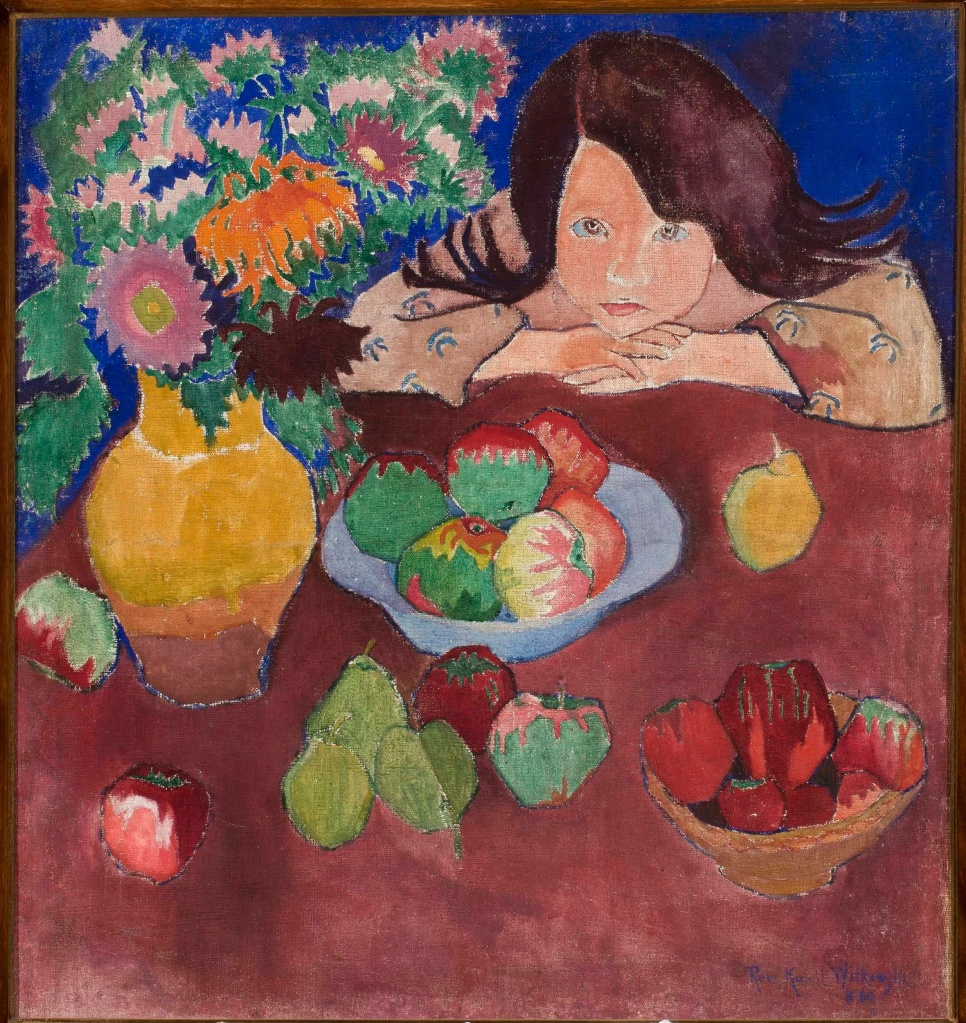The Meat of My Youth, by Dina Elenbogen
At dinner, I’d tuck the half-chewed pieces of meat under my plate so that I’d be allowed to leave the table. I didn’t trust my mother’s roast the same way I didn’t trust the ground beef or hotdogs served at the school cafeteria. On meat days at school, my mother would pack me a peanut butter sandwich in a brown paper bag. The only carnivorous exception I’d make was for the McDonald’s hamburgers we’d eat on the way home from Thursday afternoon Hebrew School, before returning to our kosher and reasonably health-conscious Skokie, Illinois home.
As I grew older, began to appreciate green vegetables, and discovered there was more to salad than Iceberg lettuce, I still never dreamed of bringing meat into the apartments of my college or young adult years in Indiana, Iowa, and Illinois. But I never lost my craving for quarter-pounders with cheese. One summer in Madrid, I even found a McDonald’s after watching a bullfight and felt nostalgic for home. This indulgence was a double sin according to Jewish law: I was mixing milk and meat and eating an animal that had not been ethically slaughtered.
When I was twenty-four and living on a Kibbutz outside of Jerusalem, I added bright red tomatoes to my repertoire. They were sweet, unlike the pale ones that went with our Midwest salads. For every meal on the kibbutz, I’d fill my plate with this new delicacy, along with cucumbers, bread, and cheese. The only other choice was chicken, which was impossible for me to even consider eating with the chicken house right outside the room I shared with three other Hebrew student volunteers. I’d walk past the chicken coup every day, hear them clucking, and I may have even looked one or two of them in the eye.
As the years passed back in the Midwest, I grew further away from meat until I became pregnant with my first child. The large salads filled with every imaginable vegetable that had been my staple suddenly made my stomach turn with my unborn infant.
“The only carnivorous exception I’d make was for the McDonald’s hamburgers we’d eat on the way home from
Thursday afternoon Hebrew School.”
The only thing I craved was hamburgers. The McDonald’s kind in particular. On teaching days in the city, I’d run across town during my one-hour break between classes for the thing that sustained me most: a quarter pounder with cheese and greasy fries. It fulfilled some visceral need in me for something forbidden, a beloved food of my childhood on those nights my mother didn’t cook—until my daughter was born, the craving left and I returned to vegetables and a healthy mindset even as I cooked for my poultry-loving family.
Fast forward twelve years and my husband and I are the parents of a tween daughter and eight-year-old son. We are at O’Hare International Airport on our first family trip to Israel via Paris, when the craving returns. I am anxious about flying, about my empty stomach, and fear of bad plane food when this intense need opens up in me. I am enticed by the golden arches that suggest a food I’ve given my children here and there when they’ve refused to eat anything else, but a food I have not eaten myself in at least a decade. Before boarding I devour my quarter pounder with cheese, thinking it will keep me sated at least until our first stop: Paris.
My stomach has other plans. It does not agree with my hasty desire to eat a greasy burger before a long flight, especially after having grown even more estranged from digesting meat.
“my stomach is on strike throughout our three glorious days in Paris“
On our layover in Paris, I lose all desire for food. Not sure if it’s the burger that had accompanied me here, jet lag, or the hanging pigs we pass on the way to a bistro, but my stomach is on strike throughout our three glorious days in Paris.
When we arrive in Jerusalem, my husband catches up on his sleep while the kids and I head straight to the kibbutz where I first fell in love with plum tomatoes. We are greeted by Avrahm who had run the Hebrew volunteer program I was part of twenty-five years before. He is carrying a bowl of thinly sliced freshly cooked beef, a delicacy on kibbutz, and he invites my kids and me to join him in the communal dining room for lunch. When I politely decline his offer of beef and he watches me fill a bowl with sweet tomatoes instead, he asks if I’m a vegetarian. I hesitate for a moment but answer, no, explaining that I just wasn’t that hungry. But my stomach had again been working behind the scenes, making decisions ahead of my brain. My stomach sealed the deal on meat.
Fourteen years have passed since that return visit to kibbutz and I have not eaten a sliver of chicken or beef since. When people ask why I’ve been a pescatarian for fourteen years now, I confess my moral stance on the killing of animals wasn’t deeply thought out, nor does it come from my concern for the environment, a concern that influences most of my other decisions. The decision came instead from my body, the body of a young girl who tucked away what no longer served her.
~~~

Dina Elenbogen is the author of the poetry collections, Apples of the Earth, and Shore and the memoir, Drawn from Water. Her essays have appeared in numerous anthologies and magazines. “The Meat of My Youth” is part of her essay collection in progress. She teaches at the University of Chicago Writer’s Studio. You can find her at www.dinaelenbogen.com

